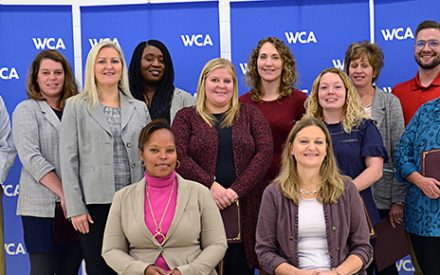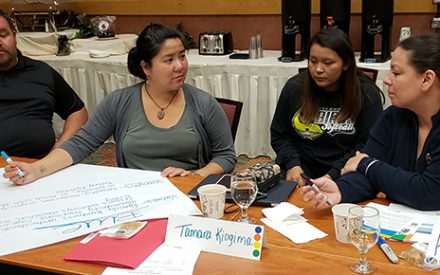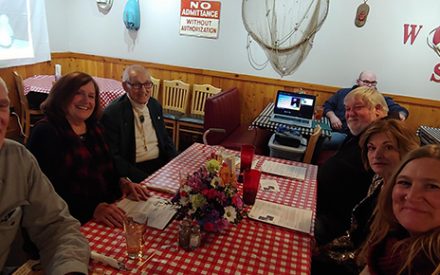Wisconsin has close to 2,000 local governments and 10,000 local elected officials. Every year, a quarter of these elected officials are newly elected and appointed. To govern effectively and conduct day-to-day business, local elected officials must understand statutory legal, operational, and ethical requirements. These essential areas include roles and responsibilities; open and effective meetings (including parliamentary procedure and virtual public meetings); equity, ethics, and conflicts of interest; elections; and many other topics. Beyond the fundamentals, additional essential topics inform all of the above areas, including inclusion, diversity, equity, COVID-19 impacts, deliberative governance, and civility.
In response, Extension provides workshops, consulting and more than 45 educational programs to elected officials through its Local Government Education programs (LGE). This training helps elected officials and staff learn and meet the local and state statutory, leadership, and operational governing requirements. The LGE programs also provide training that helps elected officials increase their daily effectiveness, leadership, and work capabilities. In 2021, LGE provided support to over 5,800 staff, elected officials, and those they represent. Our core educational programs include biannual town and village workshops, and our Local Government education webinar series, which offered 23 webinars and 10 special programs in 2021.
Our evaluations confirm that participants value the content, the presentation quality, and the materials we provide.
Local Government Education highlights from 2021 include:
- Board of Review Training. In collaboration with the Wisconsin Department of Revenue, Wisconsin Towns Association, and the League of Wisconsin Municipalities, LGE developed new guidance on how to conduct a Board of Review (BOR). The Board of Review is the annual process in which taxpayers are allowed to review their property tax assessment and dispute the value if they feel it is too high. Every town, village, and city must have a Board of Review. Recent changes to state statute that took effect in 2022 required at least one BOR member to take training annually. In direct response, Extension staff partnered with the Wisconsin Municipal Clerks Association to support in-person and virtual training to 560 municipalities. Overall, the training and training materials (handbooks and videos) reached an estimated 2,400 BOR members and clerks, satisfying the statutory requirement for members.
- Election Worker Training. Extension’s training for election workers and election inspectors covered topics such as roles and responsibilities, polling place procedures, absentee ballots, remaking ballots and photo identification requirements, and more. This training helped over 300 local election workers, many at the last minute from those filling in due to COVID-19 absences. Over 90% of attendees indicated their knowledge increased either “somewhat” or a “great deal.” In addition, LGE launched a state-wide Voter Registration Assistance training for Extension colleagues and partners.
- Supporting women who run for local elected office. Extension developed and provided presentations with entities across Wisconsin to educate elected officials and potential elected officials on the lack of gender parity in local elected office seats.
Extension helps local elected officials and staff to better understand their duties, which ultimately leads to more effective governance and improved perceptions of trust by the electorate.
Local Government Education is part of Extension’s Community Development Institute. Learn more by visiting localgovernment.extension.wisc.edu.
Download Article

 Innovating Local Government by Developing Leaders
Innovating Local Government by Developing Leaders Nonprofits Addressing Complex Community Issues
Nonprofits Addressing Complex Community Issues Supporting Wisconsin’s Small Businesses, Entrepreneurs
Supporting Wisconsin’s Small Businesses, Entrepreneurs Supporting Small Businesses & Entrepreneurs
Supporting Small Businesses & Entrepreneurs


